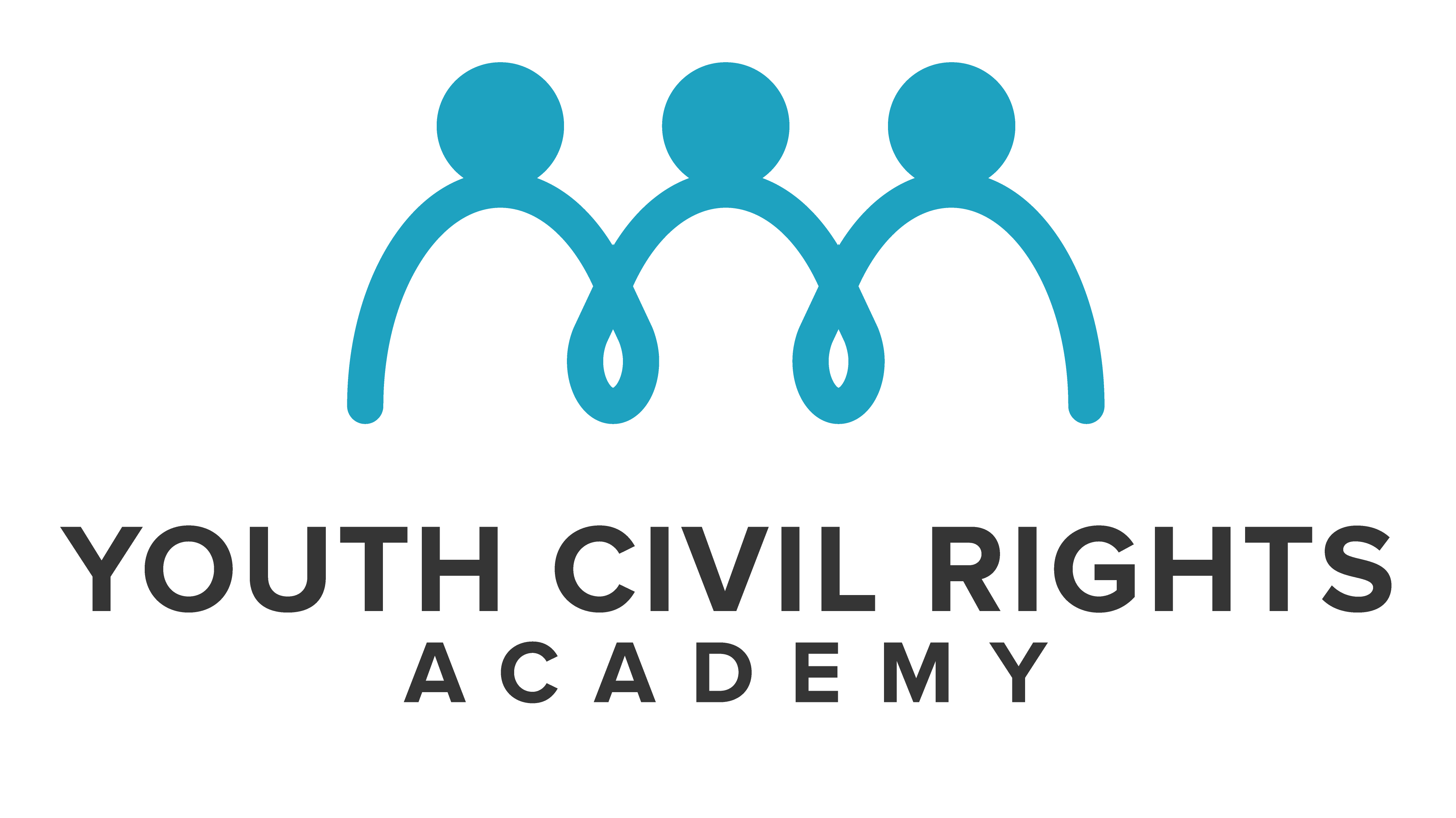Arab American students in public schools represent many countries. They share similarities with other groups, but also face additional challenges in a society which has dislike of or prejudice against Islam or Muslims, and stereotypes about terrorism.
Dearborn, Michigan, has the largest concentration of Arab Americans in the United States, and Jaime and Cassandra joined other students to lift their voices and take action on issues in the schools through workshops, assemblies. They and other students organized an unprecedented march and public demonstration for diversity and unity in the larger community.
They also worked with students and teachers to propose a new course on bridging differences through dialogues. They presented the course to the superintendent and school board, and received approval, thus creating an entirely new educational opportunity.
















